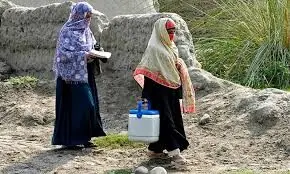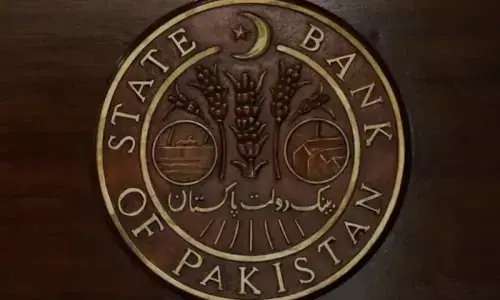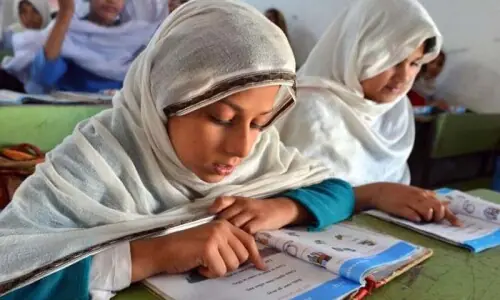
KARACHI, July 19: A total of 8,539 case of violence against women (VAW) were reported in the country during the year 2011 which is roughly 6.74 per cent higher than the cases reported during the previous year, says a report launched by the Aurat Foundation on Thursday.
The report titled ‘VAW in Pakistan — a qualitative review of statistics 2011’ prepared by foundation was presented by Shirin Aijaz at the Karachi Press Club.
Ms Aijaz said that the highest number of the cases involved abduction and kidnapping which was followed by murder, rape and gang rape.
Giving the relevant data pertaining to Sindh, she said that the most common crime against women was honour killing with 266 such cases having been reported in the province last year. It was followed by murder (255 cases), domestic violence (137 cases), suicide (117 cases), Vani/customary practices (87 cases), custodial violence (84 cases) and rape/gang rape (68 cases).
According to the report, the largest number (133) of VAW cases in Sindh were reported in Sukkur which was closely followed by Jacobabad (132) and Ghotki (121).
DIG Khalique Shaikh said that poor investigation and prosecution as well as under-developed forensic facilities/expertise was the main cause of the very low rate of convictions in general criminal cases and even lower rate of conviction in the VAW cases, in which discriminatory societal attitudes also played a major role.
Stressing the need for sensitizing the police and the prosecution staff, he said that even some senior officials were less sensitised towards the issues relating to violence against women.
He also suggested recruitment of more women in the police department, saying that at present there were only 884 women in the over 100,000-strong police force. Over 2,000 police officials had been trained vis-a-vis the VAW issues and as many more were to be trained. He said that setting up of women police stations in Khairpur and Mirpurkhas was also planned.
Earlier, Akmal Waseem advocate, said that a major reason for women victims avoiding to report their ordeal was the hostile attitude of the police, the prosecution and lawyers who would ask humiliating questions and graphic details during the trails mostly held in open courts.
He suggested that in-camera trial of rape and other such cases.
Aurat Foundation’s city chief Mehnaz Rehman said that it was an irony that a large number of feudal landlords continued to hold Jirgas, which usually passed decrees against women. Many of such influential people managed to reach the assemblies, where they would not allow any legislation that curtailed their influence in their respective areas.
She made it clear that the data presented in the AF report was based only on the cases reported by the media and verified by the police and other relevant authorities. Owing to social pressures and societal attitudes, many people would avoid reporting their ordeals involving women, she said, adding that the actual number of VAW might be much higher if people reported each and every case without any fear or influence.
Former MPA Kulsoom Nizamani said that though she had submitted six bills relating to women-related issues in the assembly, they were not taken up.
Sarah Zaman, Fareeda Tahir and others also spoke.































